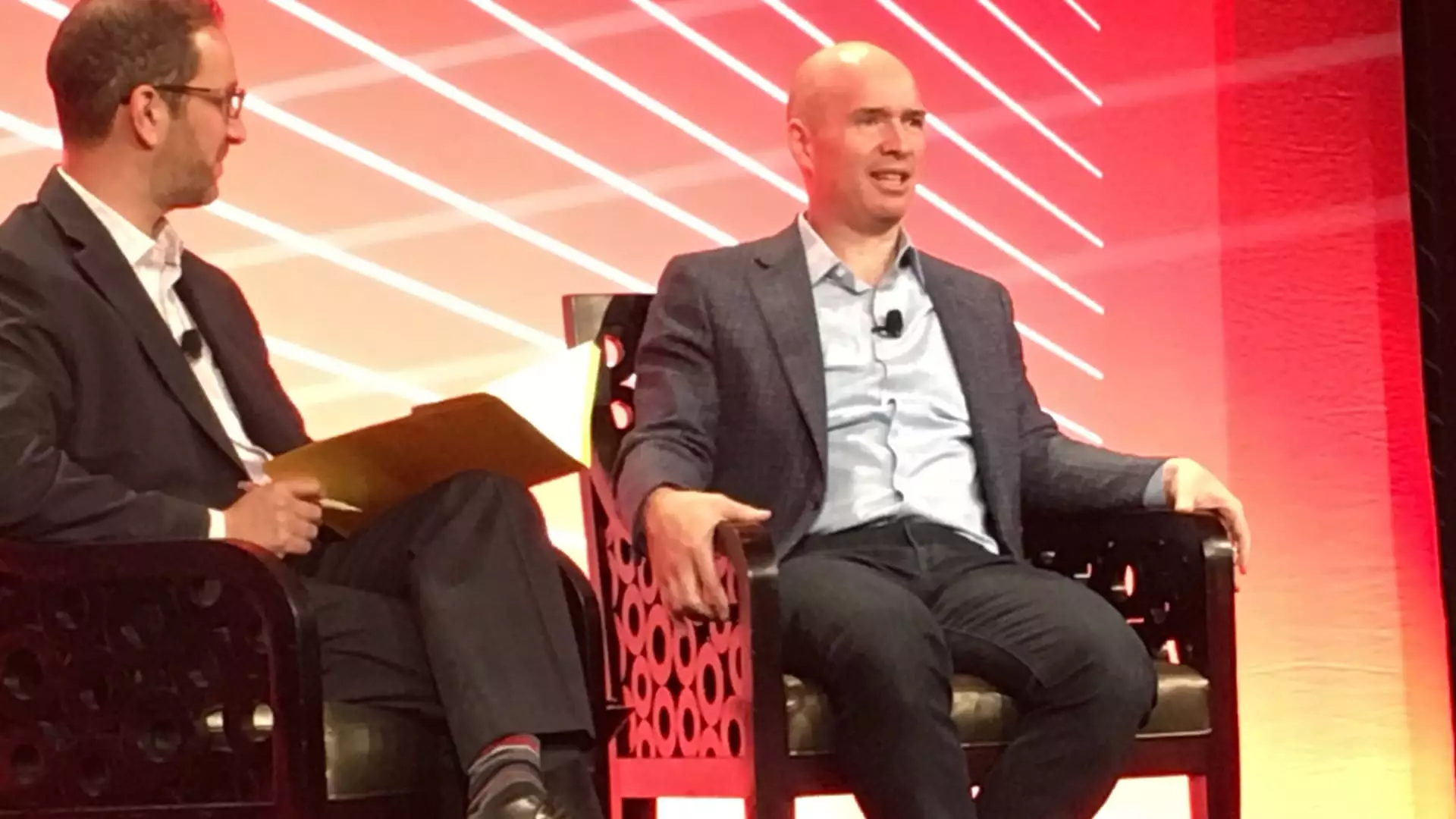In the highly volatile landscape of American politics, where endorsements and donations can significantly sway public opinion, venture capitalist Ben Horowitz’s recent political maneuver is both surprising and revealing. Just shy of three months since declaring support for entities backing Donald Trump’s presidential campaign, Horowitz has pivoted his financial focus to endorse Vice President Kamala Harris’s election efforts. This shift not only underscores the complexities of political affiliations in the business world but also highlights the intricacies of personal relationships within that arena.
Horowitz disclosed his newfound endorsement in a letter to his colleagues at the venture capital firm Andreessen Horowitz, where he emphasized a longstanding friendship with Harris, spanning over a decade. This personal connection adds a layer of depth to Horowitz’s political contributions, suggesting that interpersonal relationships significantly influence funding decisions. By aligning his support with Harris, he is demonstrating that despite previous affiliations, personal bonds can take precedence in guiding political investments and endorsements.
The Thin Line Between Business and Politics
The intersection of business and politics is often fraught with tension. Horowitz’s recent announcement reflects a broader trend among investors who oscillate between political allies as their interests shift. By stating that his support for the Harris campaign stems from friendship rather than strictly political ideology, Horowitz may be positioning himself as a pragmatist willing to adapt his strategy in a rapidly changing political environment. This raises questions about the ethics of political donations: should personal relationships dictate financial contributions, or should objectives and policies steer such decisions?
Interestingly, Andreessen Horowitz has remained somewhat aloof in formally endorsing candidates for the 2024 election. The firm’s prior backing of Trump was based on a perceived alignment with what they termed the “little tech agenda.” Horowitz’s statements about the firm’s focus on “defending Little Tech” convey a tactical approach to politics that prioritizes sector-specific interests over broad political affiliations. This strategic selectivity reflects a broader philosophy among tech investors who often grapple with rapidly evolving regulations in the startup landscape, especially regarding the crypto space.
In the end, Horowitz’s dual allegiance highlights the fluid dynamics of political support within the elite circles of venture capital. As political contexts shift and personal relationships evolve, the motivations behind financial backing can become more complex. The real question remains whether this trend will persist, reshaping how political campaigns garner support from influential sectors like technology and venture capital. Beyond political ventures, this instance may redefine how entrepreneurs engage with the increasingly contentious world of U.S. politics, emphasizing the power of personal connections and strategic interests.


Leave a Reply